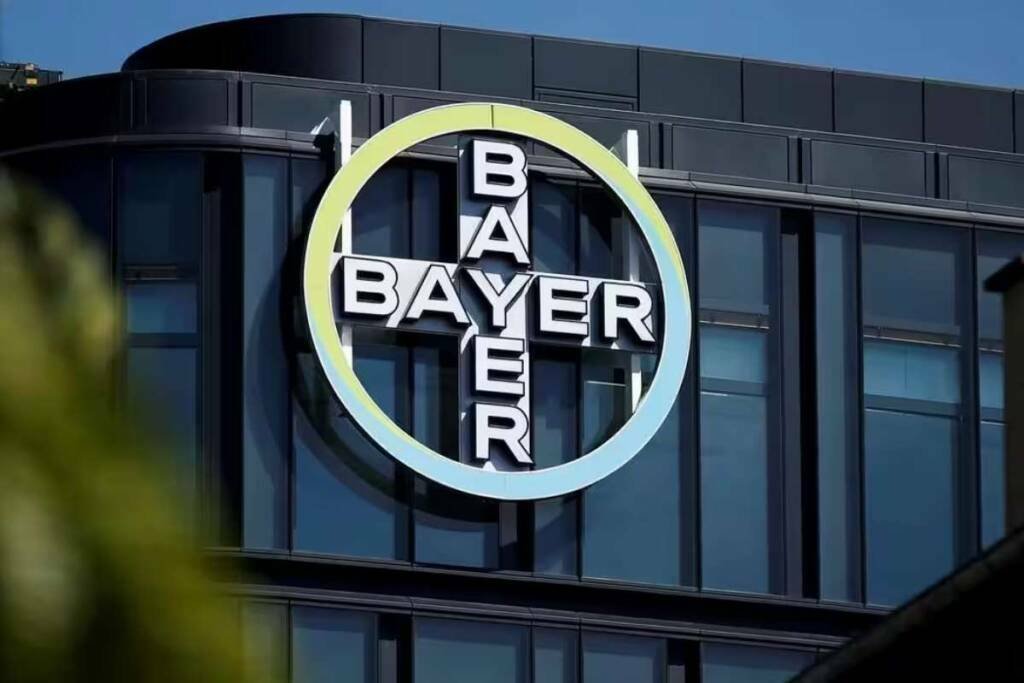As calls for a business separation at Bayer grow louder, the company’s weedkiller performance is providing further support for the argument, as its sales continue to decline significantly.
Bayer has now reduced its 2023 sales guidance by 2.5 billion euros on both ends, expecting its full-year revenue to be between 48.5 billion euros and 49.5 billion euros on a currency-adjusted basis. The primary reason behind this grim outlook is the “significant further decline” in its glyphosate-based Roundup business, which has experienced price drops and lower volumes. The acquisition of Monsanto in 2018 for $63 billion, primarily centered around Roundup, has proved to be disastrous for the company.
With struggling glyphosate sales and a recent change in leadership, the possibility of a business breakup gains momentum. The new CEO, Bill Anderson, has already been considering plans to spin off Bayer’s agriculture business into a standalone public company. This move would allow Anderson to concentrate on the pharmaceutical division, which also faces challenges due to price reductions of Xarelto and patent expirations in certain markets, leading to a slowdown in sales of Eylea amid strong competition.
To bolster its pharmaceutical pipeline, Bayer has set high sales expectations for drugs like Nubeqa for prostate cancer and Kerendia for kidney disease. However, the glyphosate line has been a major source of trouble, with thousands of lawsuits alleging Roundup caused cancers. While Bayer reached a settlement of up to $10.9 billion in the US to resolve existing and future Roundup claims, some plaintiffs remain in litigation, and similar lawsuits continue in other countries.
Furthermore, Bayer’s stock price has plummeted since the Monsanto deal, leading to shareholder losses. Advocates for the spin-off of Bayer’s crop science department argue that a breakup would create better equity value for each business.
Earlier this month, Platow Brief, a German markets news service, reported that Anderson was actively working on plans to separate Bayer’s agriculture business into an independent public company. According to Platow’s editor-in-chief, Frank Mahlmeister, who cited an unnamed source while speaking to Fierce Pharma, a spinoff is the company’s preferred approach for this unit.
The purpose of this spinoff would be to enable Anderson to concentrate on its pharmaceutical business, which faced challenges in the first quarter due to price reductions of Xarelto and patent expirations in specific markets. Additionally, Anderson’s second-largest product, Eylea, is experiencing a slowdown due to fierce competition.
The decline in glyphosate sales was not unexpected, and the company now expects an impairment of about 2.5 billion euros mainly due to its glyphosate business in the second quarter. In the first quarter, sales from glyphosate-based products already dropped by 688 euros, or 50%, compared to the same period last year.
Despite these challenges, Bayer had hoped its seed products would compensate for the decline in glyphosate sales, but even the seed business has faced challenges, with FMC Corporation also lowering its full-year sales expectations.
In light of these developments, Bayer faces significant hurdles in its attempt to restore growth and shareholder confidence, making the possibility of a business separation a serious consideration for the company’s future strategy.





























